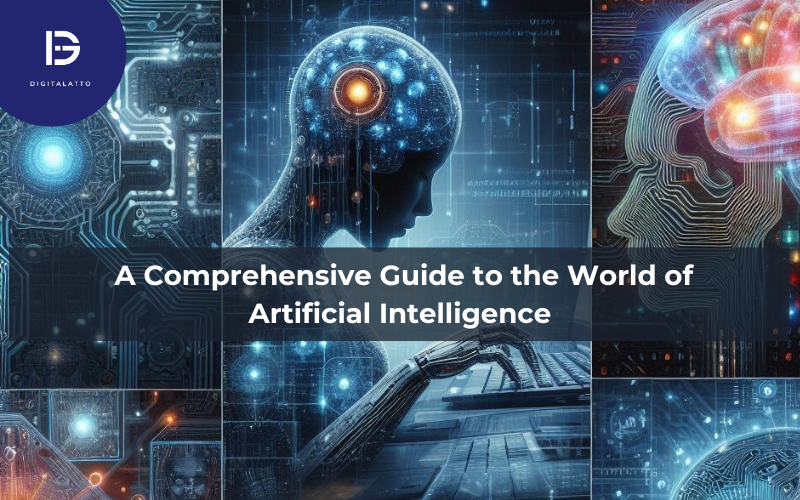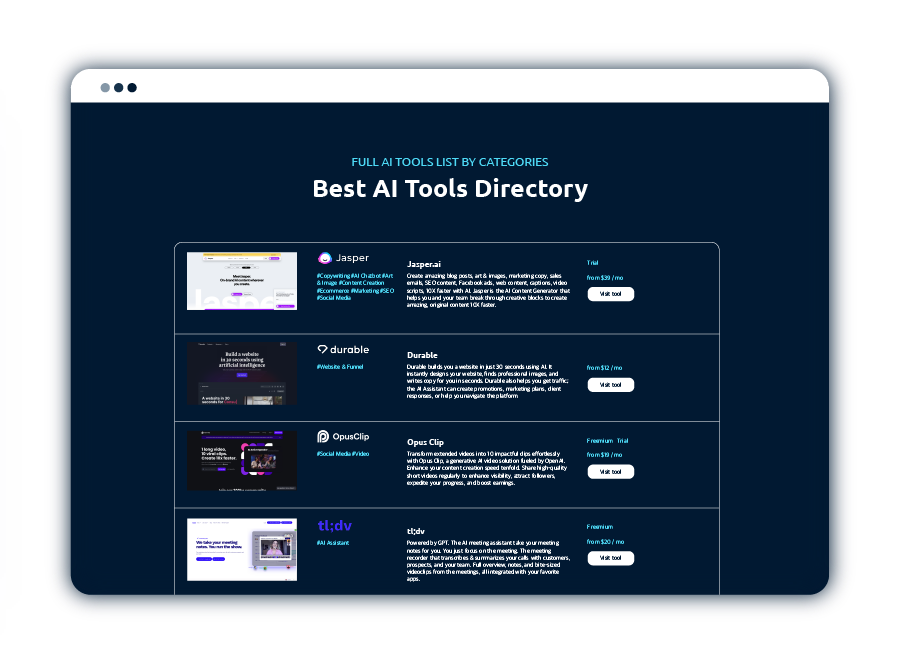Understanding Artificial Intelligence
Artificial Intelligence (AI) is akin to having a brilliant companion who can process information and solve problems with human-like intelligence. It’s a branch of computer science dedicated to empowering machines, particularly computers, to perform tasks that traditionally necessitate human cognitive abilities.
AI enables computers to learn from data, make informed decisions, understand human language, and even predict outcomes. Contrary to its portrayal in science fiction, AI is deeply ingrained in our daily lives, from personalized movie recommendations to aiding doctors in diagnosing diseases.
Exploring AI Through History
The journey of AI traces back to the mid-20th century, although its conceptual roots extend further into history. The notion of machines emulating human thought processes sparked experimentation in the 1950s, leading to the creation of programs capable of problem-solving and learning. Over time, AI has evolved significantly, marking milestones such as the first computer triumph over a human in chess.
Key AI Concepts Unveiled
- Machine Learning: This facet of AI involves computers learning from data to enhance their performance without explicit programming for each task.
- Deep Learning: A specialized form of machine learning employing neural networks to learn from vast datasets, akin to how our brains learn.
- Neural Networks: These computer systems mimic human brain functions, aiding computers in pattern recognition and decision-making.
Diverse Forms of Artificial Intelligence
- Narrow AI (or Weak AI): Specialized in specific tasks, surpassing human capabilities in those areas within defined contexts.
- General AI (or Strong AI): A theoretical form with generalized intelligence comparable to humans, adaptable across various tasks.
- Superintelligent AI: Theoretical AI surpassing human intelligence significantly, presenting both exciting prospects and ethical dilemmas.
Applications of AI Across Industries
AI’s versatility is evident in its myriad applications:
- Personal Assistants: Siri, Alexa, and Google Assistant employ AI for understanding and responding to user queries.
- Healthcare: AI aids in diagnostics, personalized patient care, and drug discovery.
- Self-Driving Cars: AI processes sensor data for navigation and safety in autonomous vehicles.
- Business Analysis: AI analyzes data for predictive insights, enhancing decision-making in various industries.
- Robotics: AI-driven robots excel in tasks requiring precision and consistency, revolutionizing manufacturing and exploration.
- Finance: AI powers algorithmic trading, fraud detection, and risk management in the financial sector.
- Customer Service: Chatbots powered by AI handle customer queries efficiently, improving service quality.
Essential Steps in AI Project Development
- Problem Identification: Define the problem your AI aims to solve, understanding the underlying challenges.
- Data Collection and Preparation: Gather relevant, high-quality data essential for training your AI model.
- Algorithm Selection: Choose appropriate machine learning algorithms aligned with your AI’s objectives.
- Programming and Training: Develop and fine-tune your AI model using programming languages and frameworks.
- Testing and Deployment: Test your AI’s accuracy, integrate it into existing systems, and deploy it for operational use.
- Monitoring and Improvement: Continuously monitor and update your AI to maintain performance and relevance.
Ethical Considerations in AI Development
Detect and mitigate biases in AI algorithms, adhere to ethical guidelines, maintain transparency, and be accountable for AI outcomes to ensure responsible development and deployment.
Advanced AI Development
Explore advanced AI concepts like reinforcement learning, natural language processing (NLP), and computer vision to build sophisticated AI systems capable of complex tasks.
In conclusion, delving into the realm of AI encompasses technological innovation while prioritizing ethical responsibility. With continuous learning and adherence to best practices, AI can shape a smarter, more efficient future across diverse domains.

